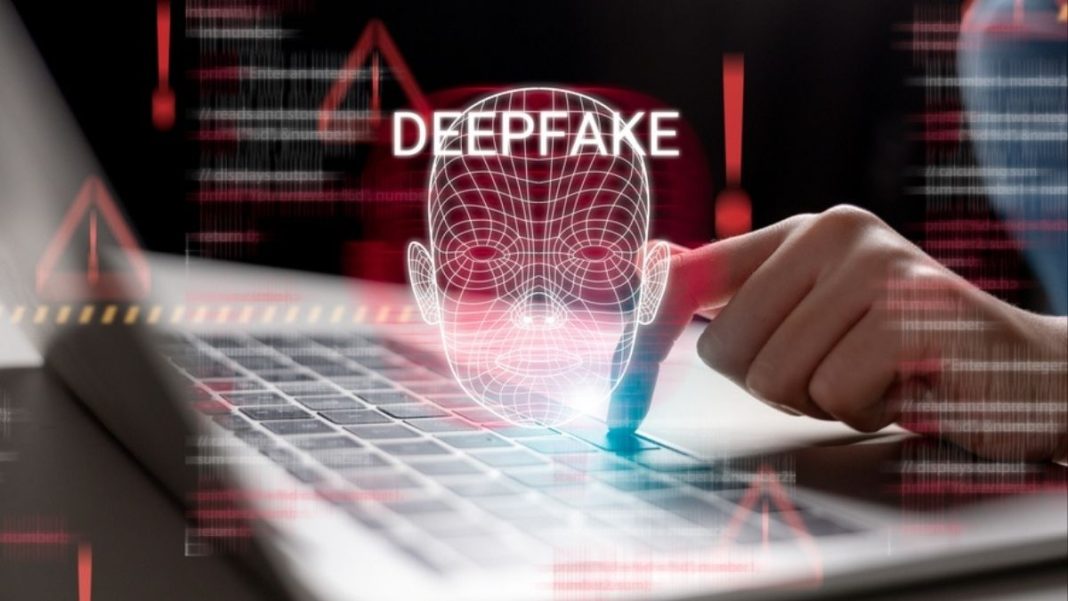India Emerges as Top Global Target for AI-Powered Cyberattacks
A new global ransomware survey reveals India faces the highest risk of AI-driven phishing and ransomware attacks worldwide. The study highlights critical vulnerabilities in the nation’s rapidly digitizing economy.
Key Findings
- 71% of Indian organizations report increased AI-powered phishing attempts
- 70% of affected companies paid ransom demands
- Only 12% fully recovered stolen data after attacks
- 66% experienced deepfake voice/video impersonation attacks
Alarming Statistics on Ransom Payments
The survey found India has one of the highest ransomware payment rates globally, with 7 out of 10 affected organizations admitting they paid to regain access to their data. This concerning trend comes despite improved cybersecurity investments.
AI: Double-Edged Sword in Cybersecurity
Artificial intelligence is accelerating both attacks and defenses. Over 71% of Indian organizations observed AI-linked phishing attempts, while 66% encountered sophisticated deepfake impersonation attacks using voice and video spoofing.
The surge in AI threats coincides with widespread adoption of generative AI tools in workplaces. However, only about half of organizations have formal AI-use or data privacy policies in place.
“Organisations are right to be confident in their progress in security posture, but they can’t afford to be complacent,” said Muhi Majzoub, executive vice president of OpenText. “AI fuels productivity while also heightening risk through insufficient governance and its expanding use in attacks.”
Security Gap in AI Adoption
Indian businesses are rapidly embracing AI for productivity gains but lag in implementing essential governance frameworks. This security gap becomes evident in recovery rates—only 12% of ransomware-hit organizations fully recovered their stolen data.
Ransomware incidents are growing more complex, often entering through third-party service providers or software supply chains. Most Indian businesses now view cybersecurity as a broad management issue rather than just an IT concern.
The OpenText statement emphasized: “Protecting against ransomware now depends not just on internal defences, but also on how effectively organisations, partners, and technology providers collaborate to close security gaps.”
As AI continues transforming cybersecurity, India’s readiness will be measured by governance strength and shared responsibility across the digital ecosystem.




